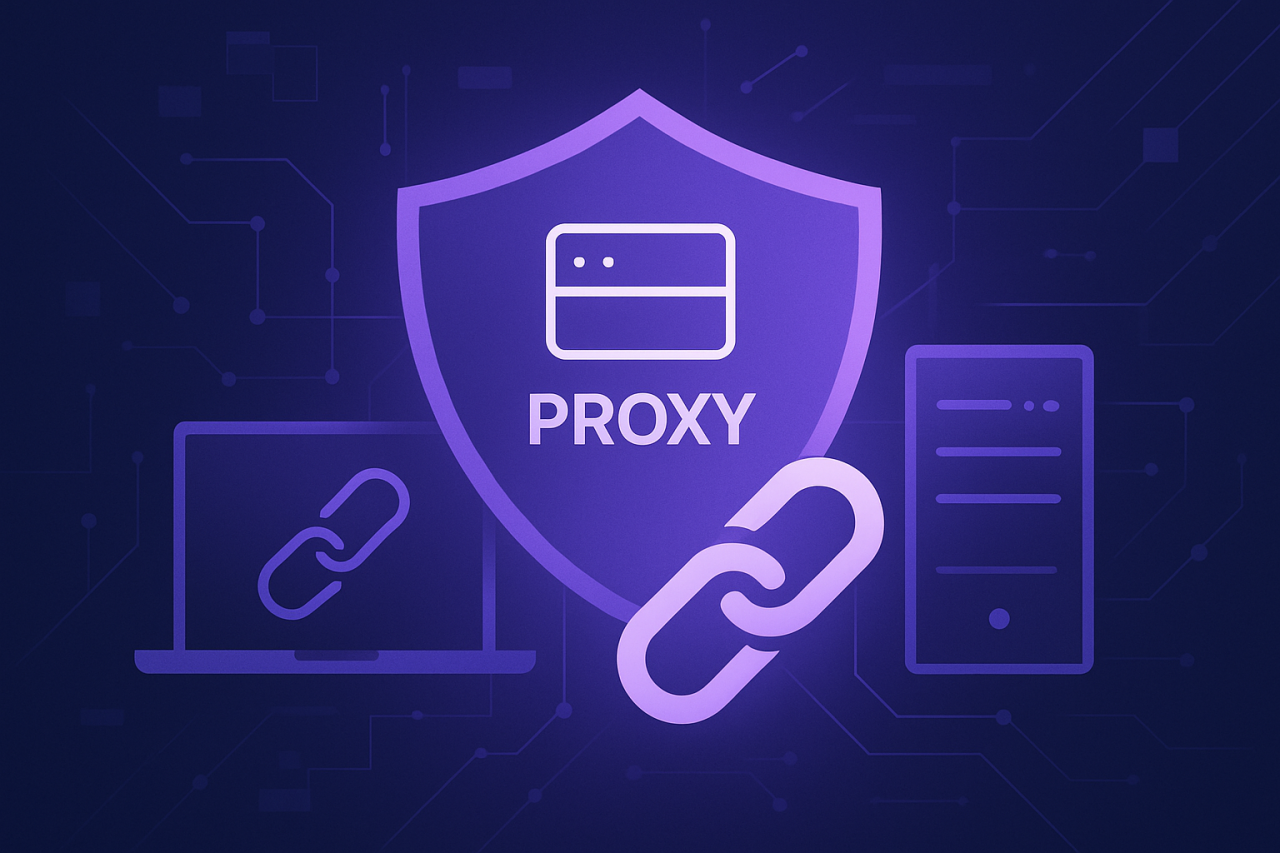“Bolje spriječiti nego liječiti.”
(“It’s better to prevent than to cure.”) This Bosnian proverb rings especially true for affiliate marketers safeguarding their links in the wilds of the internet. Proxies, like the famed Mostar bridge during the Ottoman Empire, stand as silent sentinels, protecting your affiliate interests from prying eyes and digital saboteurs. Let’s peel back the layers of this technology with the clarity of a Sarajevo winter morning, and see how to wield proxies as both shield and sword.
Understanding Affiliate Link Vulnerabilities
Affiliate links are the lifeblood of performance marketing, but are subject to common threats:
| Threat | Description | Impact |
|---|---|---|
| Link Hijacking | Competitors replace your affiliate ID | Lost commissions |
| Geo-blocking | Offers restricted by country/region | Reduced conversions |
| Click Fraud | Bots or competitors generate fake clicks | Invalid traffic, banned account |
| Scraping | Automated tools steal your links for abuse | Brand/reputation risk |
As the old Bosnian saying goes, “Ko rano rani, dvije sreće grabi” (“He who rises early, grabs two fortunes”). In affiliate marketing, those who anticipate threats and use proxies wisely, reap the rewards.
Types of Proxies for Affiliate Protection
| Proxy Type | Use Case | Pros | Cons |
|---|---|---|---|
| Residential | Masking as real user traffic | Hard to block, realistic IPs | More expensive |
| Datacenter | High-speed automation | Cheap, fast, scalable | Easier to detect/block |
| Mobile | Simulating mobile users | Bypasses strict geo/ISP restrictions | Costly, limited supply |
| Rotating | Changing IPs per request/session | Hard to track, great for scraping | May cause session issues |
Resource:
Detailed proxy comparison: https://www.zyte.com/blog/residential-vs-datacenter-vs-mobile-proxies/
Core Strategies: Using Proxies to Shield Affiliate Links
1. Cloaking Affiliate URLs
Much like Tito’s partisans used the forests for cover, proxies provide a layer of anonymity, cloaking the true source of affiliate clicks.
How-To:
– Use a proxy server to rewrite and redirect affiliate URLs.
– Implement a server-side script (e.g., PHP) to mask links, routing traffic via the proxy.
<?php
// Simple proxy cloaking for affiliate links
$affiliate_url = 'https://affiliate-network.com/offer?aff_id=12345';
header('Location: ' . $affiliate_url);
exit;
?>
Run this code on your proxy-enabled server. Share the proxy link instead of the raw affiliate URL.
Further Reading:
https://developer.mozilla.org/en-US/docs/Web/HTTP/Headers/X-Forwarded-For
2. Bypassing Geo-restrictions and Offer Walls
As in the days of the Yugoslav borders, sometimes you need the right passport – or in this case, IP address.
How-To:
– Select a proxy server with an IP from the target country of the offer.
– Route your tracking or testing traffic through this proxy to verify regional offers.
Example with cURL:
curl -x http://us-proxy.example.com:8080 https://affiliate-offer.com
Recommended Proxy Providers:
– Residential: https://www.luminati.io/
– Mobile: https://proxyrack.com/
3. Preventing Click Fraud and Invalid Traffic
Fraudsters, like the infamous Balkan highwaymen, strike where you least expect. Proxies can help you filter and segment traffic, identifying suspicious activity.
Best Practice:
– Use analytics to log the source IP of each click.
– Route suspicious or high-volume traffic through a dedicated proxy for further inspection.
– Set up Web Application Firewall (WAF) rules to block known bad IPs.
Resource:
How to detect click fraud: https://www.ppchero.com/6-ways-to-detect-and-stop-click-fraud/
4. Protecting Your Affiliate Network Accounts
Affiliate networks often ban accounts showing suspicious patterns. Proxies help maintain clean, consistent profiles across multiple campaigns.
Tip:
– Assign a unique proxy for each affiliate persona or campaign.
– Rotate proxies periodically to avoid detection patterns.
Automation Example (Python Requests with Proxy):
import requests
proxies = {
'http': 'http://proxyuser:[email protected]:8000',
'https': 'http://proxyuser:[email protected]:8000',
}
response = requests.get('https://affiliate-network.com/dashboard', proxies=proxies)
print(response.content)
Proxy Configuration: Step-by-Step
Step 1: Choose a Proxy Provider
– Evaluate based on speed, anonymity, and IP diversity.
Step 2: Set Up Proxy Authentication
– Obtain credentials/API key from provider.
Step 3: Integrate Proxy With Your Tracking Tools
– For popular trackers like Voluum or RedTrack, enter proxy details in the traffic source setup.
Step 4: Test Routinely
– Use https://www.whatismyip.com/ to verify your traffic is routing through the intended proxy.
Summary Table: Proxy Use Cases for Affiliate Security
| Use Case | Proxy Type | Key Configurations | Monitoring Tip |
|---|---|---|---|
| Cloaking links | Residential/DC | Server-side scripts | Check referrer logs |
| Geo-testing offers | Residential/Mobile | Geo-targeted proxies | Confirm IP location |
| Preventing click fraud | Rotating | Analytics integration | Monitor for irregular patterns |
| Multi-account management | Dedicated | Unique proxy per account | Rotate regularly |
Additional Resources
- Luminati (now Bright Data): https://brightdata.com/
- ProxyRack: https://www.proxyrack.com/
- Zyte Proxy Guide: https://docs.zyte.com/proxy-service/
- Voluum Proxy Integration: https://doc.voluum.com/en/traffic_source_setup.html
- RedTrack Proxy Setup: https://help.redtrack.io/en/articles/3808201-how-to-set-up-a-traffic-source
Bosnian Note:
Just as the ancient stećci (tombstones) guard the secrets of kings and warriors, proxies—if wielded wisely—can guard your affiliate campaigns from the pitfalls of the digital battlefield. Remember, “Pametan se uči na tuđim greškama” (“A smart man learns from others’ mistakes”). Use proxies not just as a reaction, but as a proactive strategy in your affiliate arsenal.

Comments (0)
There are no comments here yet, you can be the first!